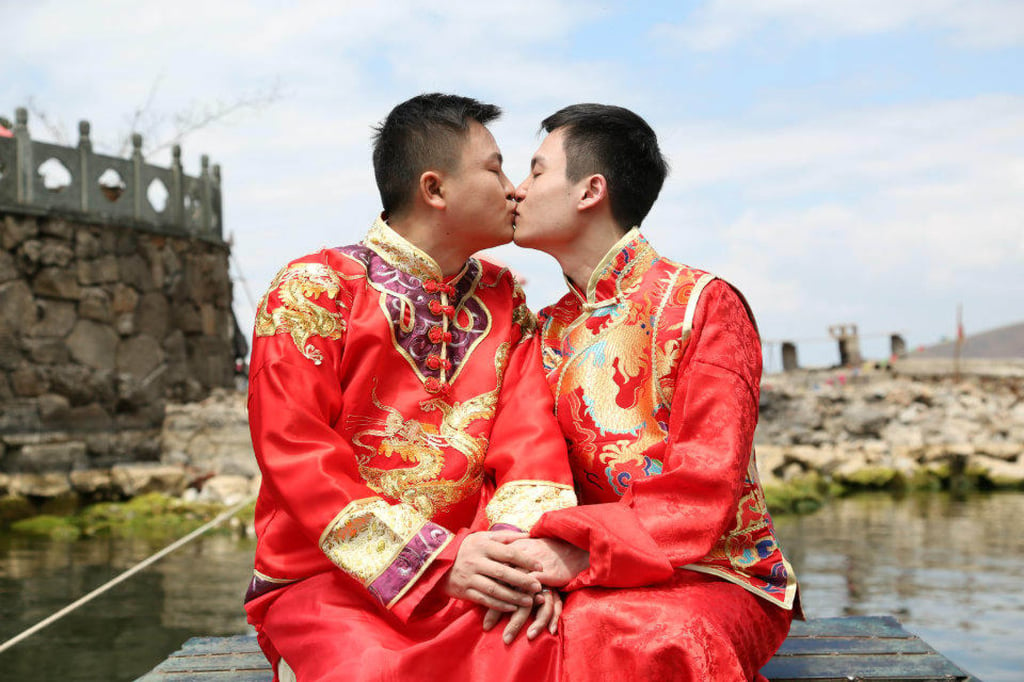China’s censors increasingly play the part of morality police with the conservative values of 1950s America, experts say
- LGBT people, gender fluidity, feminism and female sexuality are increasingly in the sights of China’s censors as much as political dissent
- Experts describe the moral preoccupations of authorities as similar to the moral panic of 1950s middle class American society

In its crackdown on popular culture and LGBT people, feminists and other groups, China’s approach has come to increasingly resemble the values of 1950s America, say its critics.

However, censorship of pop culture has been expanding in China for some time. The publication of China’s 14th five-year plan last year which included culture was a noticeable turning point, according to Professor Michel Hockx, the director of Liu Institute for Asia and Asian Studies at the University of Notre Dame in the US.
“If previously the emphasis in policy towards popular culture was mainly to allow it to develop as a market sector that generated economic revenue and created jobs, the emphasis now is on ‘putting social benefits first’,” Hockx told the South China Morning Post.
Back to the 1950s: ‘won't somebody think of the children’

In recent years Beijing has become increasingly concerned that popular entertainment on streaming platforms is spreading views and ideas that run counter to traditional ideals of masculinity and femininity and encouraging new gender identities and forms of sexual expression.
